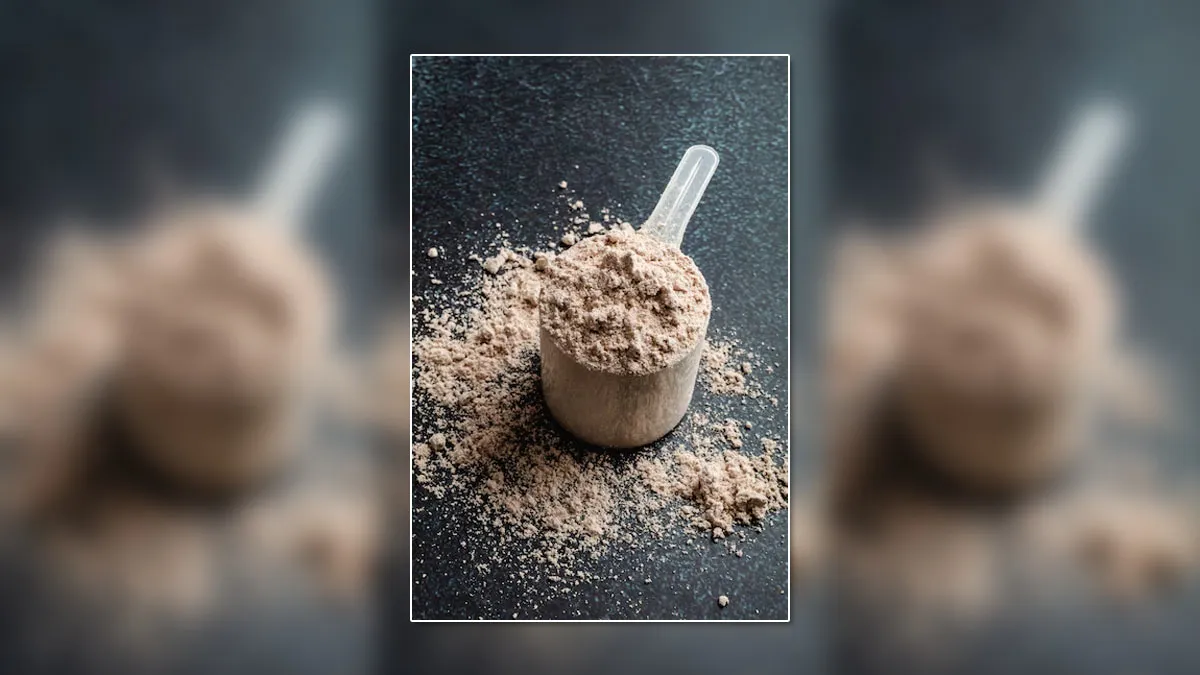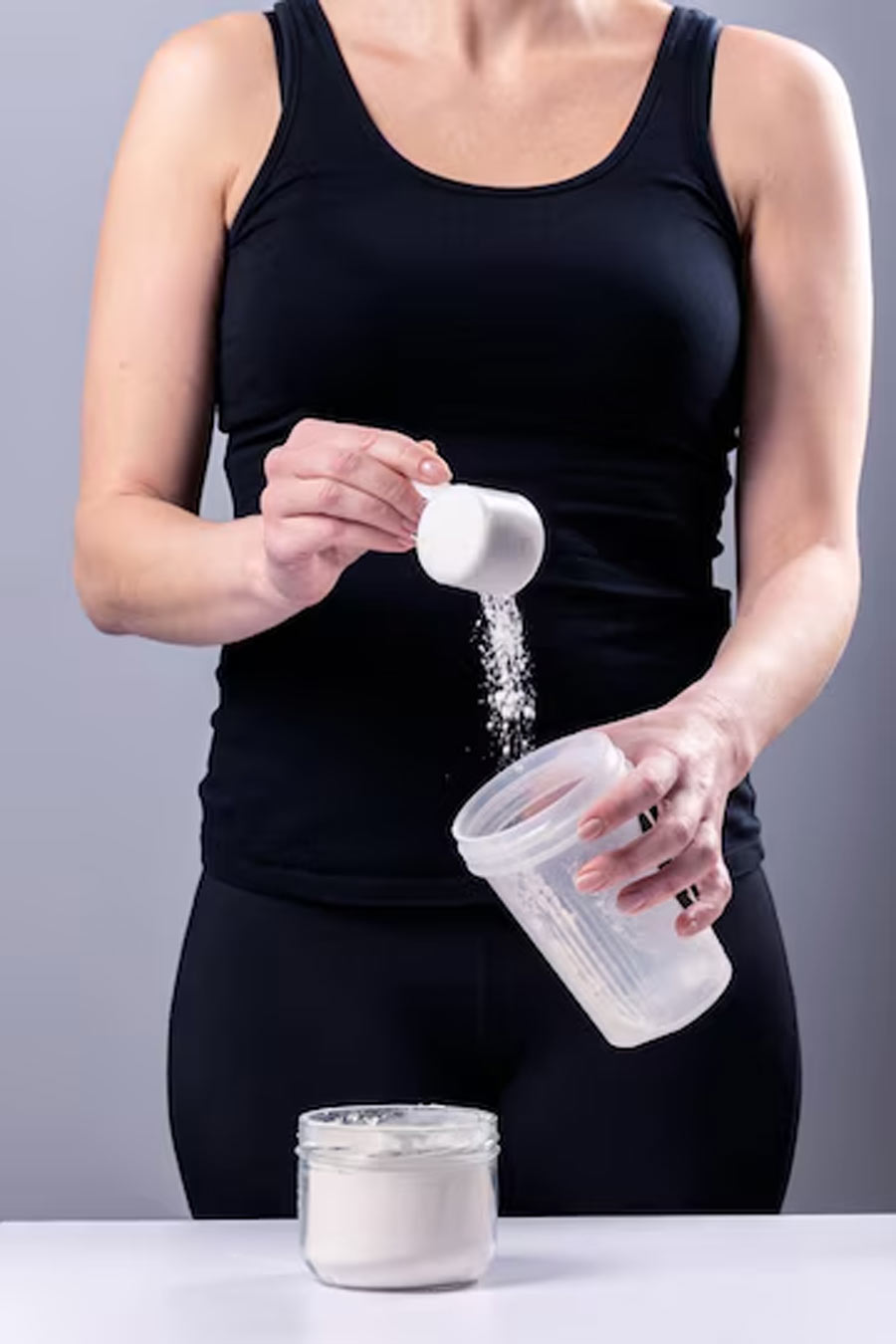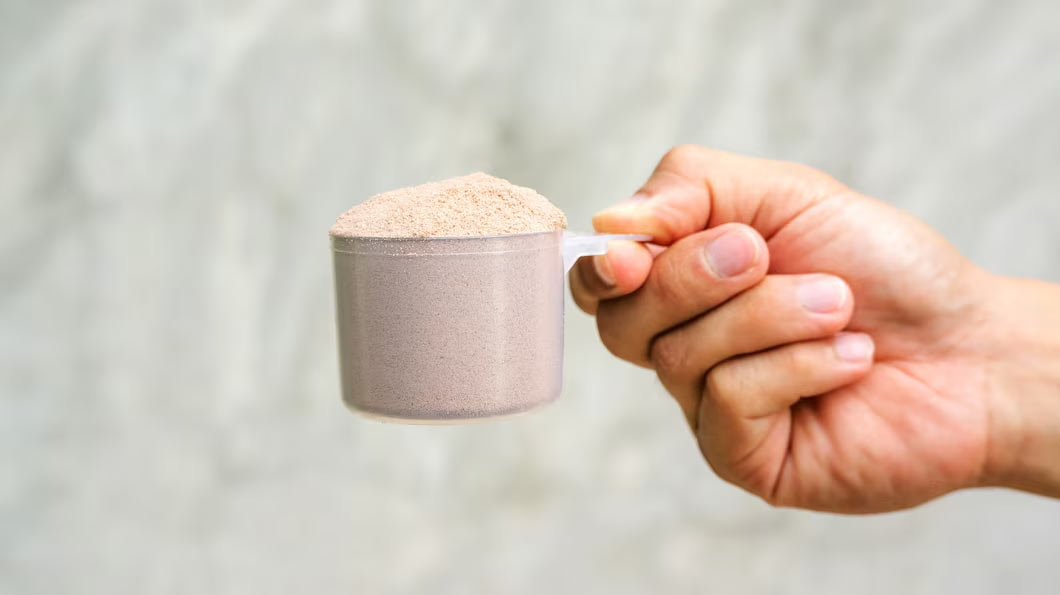
Protein is a powerful macronutrient known for its role in muscle building and overall health. It plays a vital part in various body functions, including fluid balance, hormone regulation, and maintaining healthy hair, skin, and muscles. From children to the elderly, everyone needs an adequate protein intake.
Recently, many women have started incorporating protein powder into their diets, but is it always beneficial for them? To understand better, we spoke with Dr Mickey Mehta, a Global Holistic Health Guru and Spiritual Life Coach, who shared some situations where women should avoid consuming protein powder.
In today’s fast-paced world, protein powders have become synonymous with convenience, efficiency, and modern health trends. With increasing focus on fitness and well-being, many individuals turn to quick-fix supplements, often prioritising ease over quality. However, the more a food is processed, the more its natural composition is altered.
Though protein powders are not harmful, relying heavily on artificial protein sources may have long-term health consequences, as the body struggles to process these synthetic formulations as per Dr Mehta. Whole, natural food sources of protein are not only safer but also provide superior health benefits compared to processed powders.

Dr Mehta said, “Unless you are training for a competitive fitness milestone, consuming protein powders regularly may do more harm than good. While these supplements may support muscle gain, they can also burden the organs, leading to residual toxicity and potential inflammation over time. Excessive consumption of highly processed protein can interfere with the body's natural metabolic processes, making it essential to evaluate whether supplementation is truly necessary.”
Don't Miss: Should Protein Powder Consumption Be Different For Men And Women: Here's Why
Natural, plant-based proteins derived from whole foods are far more beneficial due to their high absorption and bioavailability. Striking a balance between science and nature is crucial when making dietary choices. For women, in particular, there are specific circumstances where avoiding protein powders in favour of whole, natural protein sources is the healthier and more sustainable option.
While protein is a crucial nutrient for overall health, there are certain situations where women should opt for whole food sources instead of processed protein powders. Here are five key instances where protein powders may not be the best choice for women, as per Dr Mehta.
During pregnancy and nursing, a woman's body requires high-quality nourishment to support both her well-being and the baby’s development. While protein is essential, it’s best obtained from natural sources like lentils, nuts, seeds, and whole grains. Many protein powders contain artificial additives, preservatives, and sweeteners, which may not provide the same balanced nutrition as whole foods.

Women with existing kidney conditions should be cautious about consuming protein powders. The kidneys are responsible for filtering waste from the bloodstream, and an excessive intake of protein especially from processed supplements can strain these organs. A diet high in artificial protein sources may lead to an accumulation of waste products, potentially worsening kidney function over time.
Don't Miss: 8 Ways to Identify Fake Protein Powder, As Per Dietician
Many protein powders contain ingredients like whey (dairy-based), soy, or gluten, which can trigger reactions in individuals with allergies or intolerances. Consuming these powders may lead to bloating, digestive issues, or inflammation. Whole food protein sources like quinoa, chickpeas, and nuts are more easily digestible and less likely to cause allergic reactions.
While protein powders can aid in muscle repair and satiety, they often contain hidden sugars, fats, and excess calories. This can counteract weight loss efforts by adding unnecessary calories to the diet. Whole foods, such as lean meats, eggs, and legumes, provide protein along with essential vitamins, minerals, and fibre, promoting a more balanced and sustainable approach to weight management.
Women with digestive conditions like Irritable Bowel Syndrome (IBS) or Crohn’s disease should be mindful of their protein choices. Many protein powders, particularly those with artificial sweeteners and dairy-based proteins, can worsen symptoms like bloating, gas, or discomfort. Choosing natural protein sources, such as tofu, lentils, and sprouted grains, ensures better digestion and absorption without irritating the gut.
Keep reading Herzindagi for more such stories.
Credits: Freepik
Also watch this video
Herzindagi video
Our aim is to provide accurate, safe and expert verified information through our articles and social media handles. The remedies, advice and tips mentioned here are for general information only. Please consult your expert before trying any kind of health, beauty, life hacks or astrology related tips. For any feedback or complaint, contact us at [email protected].